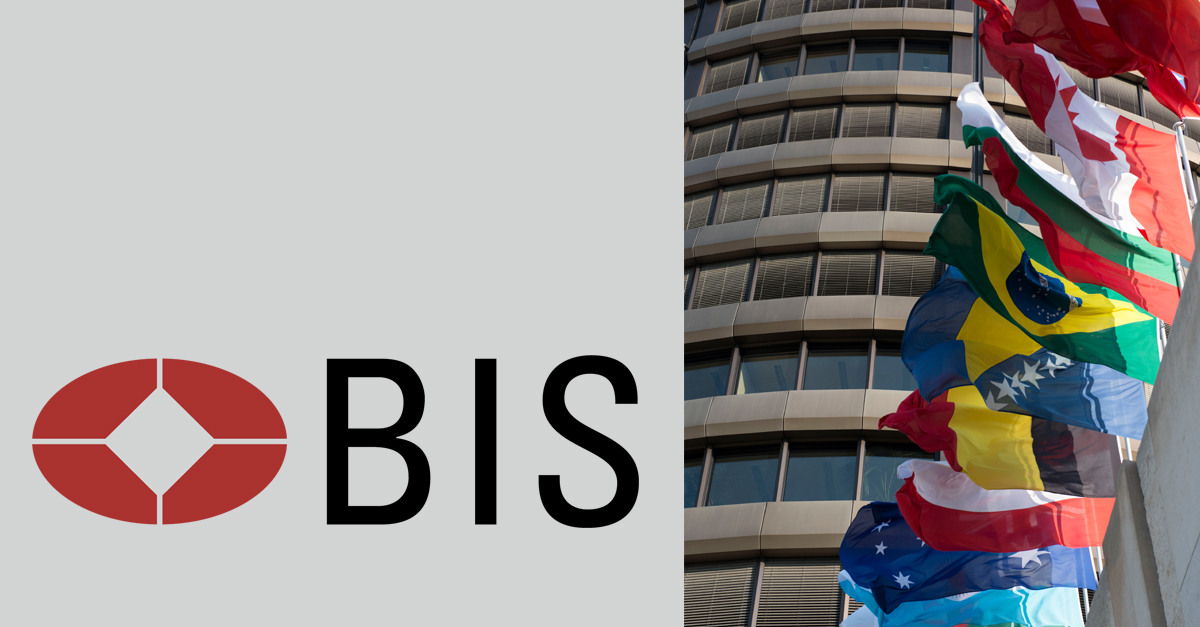- Nexus is a BIS Innovation Hub project that aims to improve cross-border payments by connecting multiple domestic instant payment systems (IPS) worldwide.
- It is the first BIS Innovation Hub project in the payments area to move towards live implementation. BIS will play an advisory role as Project Nexus establishes an operational schedule and opens up to potential new participants around the world.
- BIS will support the central banks and IPS operators of India, Malaysia, the Philippines, Singapore and Thailand in the actual implementation in the next phase, with the Bank of Indonesia as special observer.
The Bank for International Settlements (BIS) and partners today announced that they have completed the comprehensive plan for phase three of Project Nexus. This allows participants to get started with the next phase: seamlessly connecting their direct payment systems.
In phase four, Bank Negara Malaysia, Bangko Sentral ng Pilipinas, the Monetary Authority of Singapore, the Bank of Thailand and domestic IPS operators – who collaborated in phase three – will be joined by the Reserve Bank of India, expanding the potential user base to India’s Unified Payments Interface (UPI), the world’s largest IPS.
Bank Indonesia (BI) will continue its association with the project with a special observer status. BI participated in phase three and in this capacity will continue to monitor the project in the next phase of development.
Nexus was designed to standardize the way domestic IPSs connect to each other. Instead of an IPS operator building custom connections for each new country they connect to, the operator would only need to create one connection to Nexus. This single connection would allow the IPS to reach all other countries in the network.
Even with just the first wave of countries connected, Nexus has the potential to connect a market of 1.7 billion people worldwide, allowing them to make instant payments to each other easily and cheaply.
Agustín Carstens, general director of the BIS
The conclusions and lessons learned from Nexus phase three are detailed in a report published today. This is complemented by a detailed scheme rulebook and technical implementation guides, as well as ISO 20022 message specifications, which are available to central banks on request.
To facilitate the live implementation, the partner central banks and IPS operators have agreed to work towards the establishment of a new entity, the Nexus Scheme Organisation (NSO). This organisation will be responsible for the governance of the Nexus scheme and will continue the mission of making instant cross-border payments a reality at scale.
The NSO will be fully owned by the central banks and/or IPS in the participating countries, depending on the specific domestic structures. In developing the blueprint in phase three of Nexus, the BIS has played its role in supporting central banks in finding innovative solutions to deliver public goods and one of its key commitments as part of the G20 Roadmap for Improving Cross-Border Payments.
Although the BIS will not own or operate the NSO, it will continue its support through gaming a technical advisory role as participating countries work to bring Nexus live. It will also facilitate collaboration among members and the entry of new participants, realizing Nexus’ global ambition.
Notes to the editor
This work follows an earlier development phase in which a Nexus prototype was used to successfully connect the test versions of three existing IPS: the Eurosystem’s TARGET Instant Payment Settlement (TIPS), Malaysia’s Real-time Retail Payments Platform (RPP), and Singapore’s Fast and Secure Transfers (FAST) payment system. (This work is described in Annex 1 of the new report.)
In November 2022, Bank Indonesia, Bank Negara Malaysia, Bangko Sentral ng Pilipinas, the MAS and the Bank of Thailand signed a Memorandum of Understanding (MoU) on cooperation in regional payment connectivity, highlighting cooperation within the region with a view to on establishing connectivity for border payments, including through fast payment connections. Since the signing of the MoU, the Central Bank of Brunei Darussalam, the Bank of the Lao People’s Democratic Republic and the State Bank of Vietnam have joined the initiative.
The BIS Innovation Hub launched the project in 2022 and the Singapore Centre has been working with current partners over the past year to develop a comprehensive plan and governance framework, a commercial model and a technology blueprint.
Central banks, standard-setting bodies, IPS operators and commercial entities around the world were also consulted to validate that Nexus is scalable and interoperable beyond current participants. Nexus is one of the many exploratory projects started by the BIS Innovation Hub. It also contributes with the BIS Committee on Payments and Market Infrastructures to the G20 Roadmap for Enhancing Cross-border Payments. The Roadmap emphasizes the link between IPS as the main objective and Nexus as a priority action that can have a significant impact on the speed, cost, transparency and access to cross-border payments.
